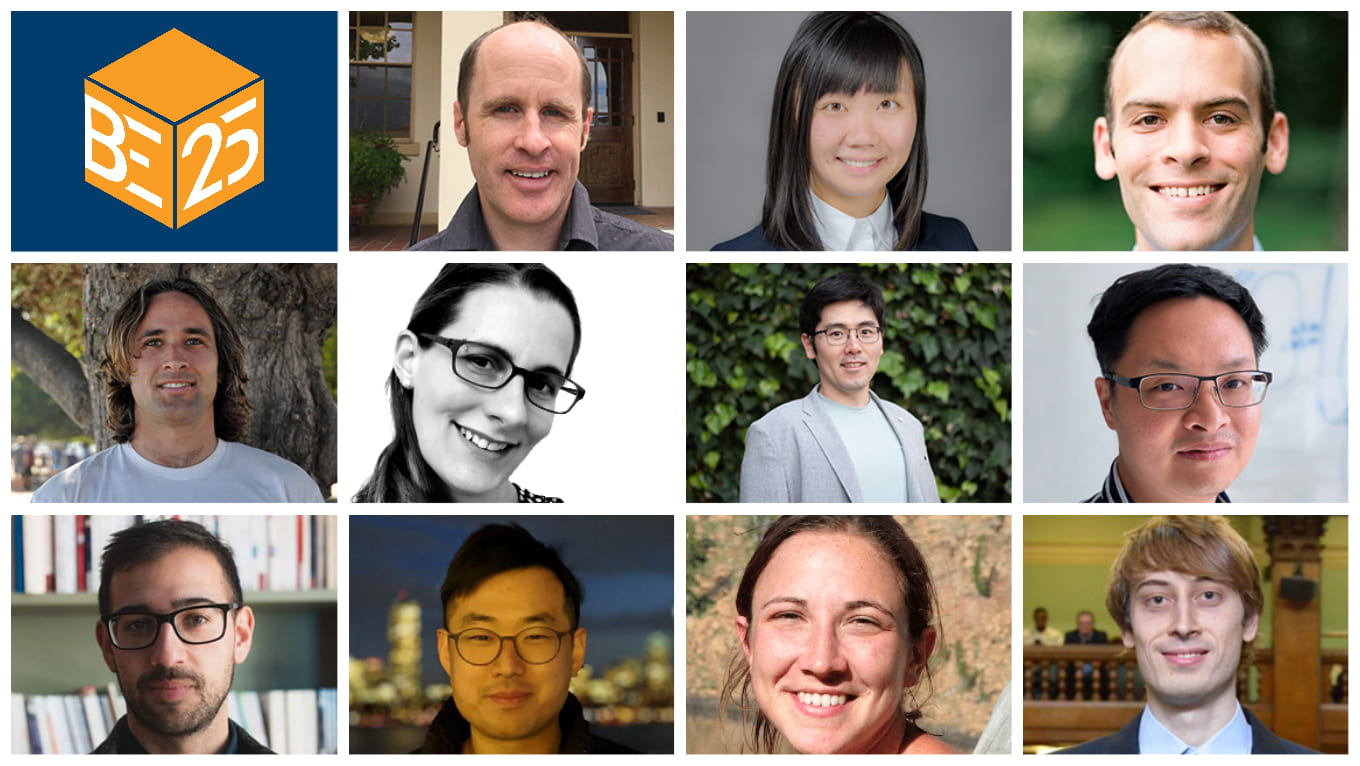The Baskin School of Engineering grows to 130 faculty with 11 new members. Joining us from academia and industry, the new faculty bring expertise in a wide range of subjects, including robotics, deep learning, infectious disease forecasting and modeling, computational genomics, applied machine learning, and wireless communication.
Biomolecular Engineering Department New Faculty
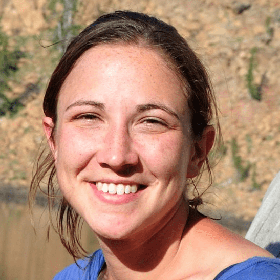
Shelbi Russell, Assistant Professor
Academic interests: Microbial symbiosis, host-symbiont processes and interactions
Shelbi Russell’s research uses contemporary intracellular symbiotic associations between bacteria and animals combined with synthetic biology to study how symbioses are maintained across generations. During her Ph.D. program in Colleen Cavanaugh’s lab at Harvard University, she built tools and datasets to answer long-standing questions in bacterial symbiont genome evolution. To study the cellular and molecular basis for host and symbiont association from generation-to-generation, she performed her postdoctoral training in Bill Sullivan’s lab at UCSC.
“I am continuously inspired by the diversity of symbiotic associations across habitats on Earth,” Russell said. “These associations teach us about how symbiosis enables adaptations to novel environments and offer immense potential for controlling problematic host populations, such as mosquitoes.”
The UCSC Russell lab will reveal the cellular and molecular mechanisms underlying symbiont association, characterize how symbiont transmission influences genome evolution, and engineer new symbiont strains and infections with enhanced properties for host control. Russell is passionate about teaching and mentorship, and has strived to include diverse trainees in her research and publications throughout her career. She strongly supports faculty and undergraduate research opportunities at UCSC, and is thrilled to help train the next generation of scientists.

Tal Sharf, Assistant Professor
Academic interests: Neurophysiology
With an aim to identify neuronal circuit signatures that underlie human neurodevelopmental disorders and disease, Tal Sharf generates three-dimensional models of human brain development, grown from human-derived tissue. He then leverages principles from solid-state physics and nanotechnology to develop neuroelectronic and optogenetic tools to map and interact with the functional neuronal circuits of the models at the mesoscale. The Sharf Lab is part of the Braingeneers consortium on campus. Sharf joins Baskin Engineering from UC Santa Barbara, where he worked as a postdoctoral researcher in the Kosik Lab, a neurobiology-focused research group that studies fundamental biological processes, particularly those related to the brain and its evolution.
New directions in science are launched by new tools much more often than by new concepts. The effect of a concept-driven revolution is to explain old things in new ways. The effect of a tool-driven revolution is to discover new things that have to be explained.
—Imagined Worlds, Freeman Dyson
“This quote encompasses my philosophy as a scientist. The progression of scientific tools has allowed our species to uncover mathematical frameworks that govern the natural world,” Sharf said. “The predictive power of these frameworks has aided in the betterment of our society. A tool-driven research effort is necessary to identify quantitative relationships that exist within these systems. As a new faculty member in Baskin Engineering, I am proud to have the opportunity to develop new tools to aid our understanding of human brain development at UC Santa Cruz.”

Hsien-Wei (Andy) Yeh, Assistant Professor
Academic interests: Protein engineering and design, luminescent probes, protein biosensors, diagnostics, chemical biology, and synthetic biology.
Hsien-Wei (Andy) Yeh’s research lies at the intersection of protein engineering, protein probes/sensor design, analytical chemistry, organic synthesis, and cell reprogramming. Yeh received the NIH K99/R00 Award for his work in designing molecular switches capable of building protein biosensors to guide rapid diagnostic tests. At the interface of protein science and chemistry, his goal is to create next generation luminescent probes to dissect complex biological systems.
“I’m fascinated with the mysterious elements hidden in the details,” Yeh said. “I believe the greatest scientific breakthroughs are all built on the shoulders of solid giants.”
Computer Science and Engineering Department New Faculty
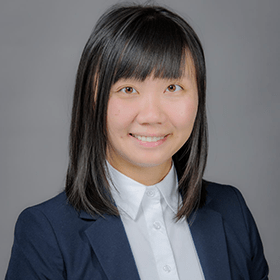
Liting Hu, Assistant Professor
Academic interests: Experimental computer systems
Liting Hu served as assistant professor in the school of computing and information sciences at Florida International University from 2017 to 2021. She spent the 2021–22 academic year at Virginia Tech as an assistant professor of computer science. Her lab, known as the Experimental and Virtualized Systems Research Lab, conducts research on experimental computer systems, including stream processing systems, cloud and edge computing, distributed systems, and operating systems virtualization. Hu has received an NSF CAREER Award, an NSF SPX Award, an NSF OAC Award, a Meta Faculty Research Award, and a Cyber Florida Seed Award.
“I love experimental computer systems research because it is a satisfying feeling to build a computer system from scratch and see it come to life in several years,” Hu said. “I am also inspired by my students. As Phil Collins said, ‘In learning you will teach, and in teaching you will learn.’”
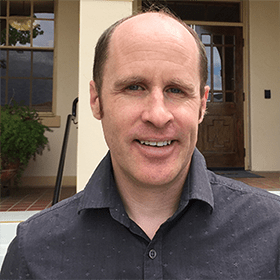
Ian Lane, Associate Professor
Academic interests: Natural language processing
Ian Lane joins the Baskin School of Engineering from Carnegie Mellon University (CMU), where he was the Sense of Wonder Group associate professor of electrical and computer engineering in AI systems and a founding faculty member of CMU’s Ph.D. program in Silicon Valley. Lane’s research interests center around speech recognition, natural language processing, and machine learning. He has developed large-scale speech recognition, speech translation, and conversational AI systems under DARPA, IARPA, and industry-funded projects, and has led the commercialization of these technologies through a number of startups. He is excited to continue his research at UCSC, exploring multimodal interaction and developing technologies that allow AI systems to learn through observation and interaction with humans in virtual and real-world environments.
“I very much look forward to being part of the highly collaborative research community in Baskin Engineering and UCSC,” Lane said. “I see great opportunities at UCSC to tackle hard scientific problems that require collaboration and discovery across scientific disciplines.”
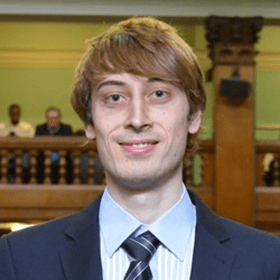
Razvan Marinescu, Assistant Professor
Academic interests: Applied machine learning for healthcare, computational intelligence
Razvan Marinescu creates machine learning models for medical applications, with a particular focus on neuroscience applications. During his Ph.D. program at the University College London, he developed Bayesian statistical models for the prediction of neurodegenerative diseases like Alzheimer’s. His goal is to use machine learning technologies to diagnose, treat, and prevent human disease. Marinescu joins Baskin Engineering from MIT, where he has spent the last three years working in Professor Polina Golland’s lab, developing novel techniques
for biomedical image analysis and understanding.
“There is so much human suffering in the world due to all kinds of diseases, in particular neurodegenerative diseases, for which we have very few treatment options,” Marinescu said. “I am deeply inspired and motivated by the potential of computer science and engineering to alleviate this suffering through more accurate diagnoses and assessments, better or novel treatments, or surgical robotics.”

Dustin Richmond, Assistant Professor
Academic interests: Computing, computer architecture, hardware design and security
Dustin Richmond develops open source systems and architectures for computing challenges. His research interests include computer architecture, reconfigurable and flexible systems, and hardware design and security. His work has impacts at all levels of scientific computing, enabling new discoveries, deploying new systems, and ensuring the security of those new systems. Richmond is particularly interested in improving participation in STEM through outreach in Santa Cruz and the surrounding counties and creating inclusive spaces for engineering exploration.
As a new member of the Baskin Engineering faculty, Richmond looks forward to “Being creative! I enjoy working with students who are curious about engineering and its impact on the world we live in. To me, advising students as they explore their interests and make new discoveries is the most creative pursuit possible.”
Electrical and Computer Engineering Department New Faculty
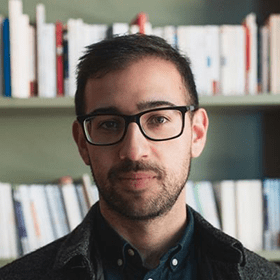
Jason Eshraghian, Assistant Professor
Academic interests: Digital hardware electronics
Jason Eshraghian joins Baskin Engineering from University of Michigan’s Department of Electrical Engineering and Computer Science, where he was a postdoctoral fellow and Fulbright Scholar. His research focuses on brain-inspired hardware and algorithms, where he draws upon principles from neuroscience to leverage the efficiency of natural intelligence into artificial intelligence. Eshraghian currently serves as the CTO for iDataMap Corporation, a digital medical imaging technology company, and as the Secretary-Elect of the IEEE Neural Systems and Applications Technical Committee.
As a faculty member at Baskin Engineering, Eshraghian is looking forward to “Starting up the Neuromorphic Computing Research Group and discovering the many creative ways our brain-inspired technology can be used to solve modern technical challenges. We’re trying to stretch the limits of silicon chips, and what better place to do that than down the road from Silicon Valley? I’m also excited to stop being a disappointment to my fellow Australians by finally learning how to surf.”
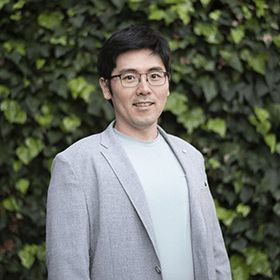
Tae Myung Huh, Assistant Professor
Academic interests: Robotic tactile sensing, biomimetic robot design
Tae Myung Huh’s research focuses on robotic tactile sensors, perception of grasping, dexterous manipulation, and machine learning for applications in industrial/service tasks, human assistance, and search and rescue operations. While he was in his mechanical engineering Ph.D. program at Stanford University, he built a small-legged robot with two sets of tactile sensors capable of measuring contact forces as the robot traverses different types of terrain. Myung Huh joins Baskin Engineering from UC Berkeley, where he spent the last two years as a postdoctoral fellow in the Embodied Dexterity Research Group.
“As a roboticist, I am always inspired by the human system, which sets the ultimate standard for robotic manipulation,” Myung Huh said. “Our skin has a myriad of tactile sensors and nerve systems with incredible processing capabilities. The amazing dexterity of our hands leads to new ideas on what future robotic systems should look like.”
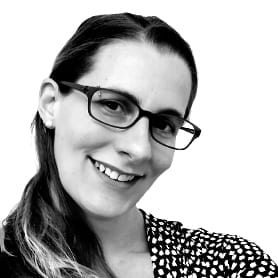
Colleen Josephson, Assistant Professor
Research interests: Wireless communication and sensing systems, with focus on how we can leverage sensing for sustainability
Colleen Josephson’s research interests include wireless sensing and communications systems, with a focus on technology that furthers sustainable practices, including designing novel sensing paradigms for agriculture, inventing techniques for ultra-low power communication in indoor sensor networks, and exploiting non-traditional energy sources, such as microbes, for sustainable sensing. Before joining the Baskin School of Engineering in spring 2022, she was working as a research scientist at VMware, a Bay Area computer software company, creating technologies to enable and improve sustainable practices.
“I really like how welcoming my fellow faculty have been,” Josephson said. “There is a great collaborative atmosphere where a lot of senior faculty have been very supportive, and successes are celebrated. Being a professor can be quite intense, so having the support and camaraderie of my colleagues is really important!”
Statistics Department New Faculty

Sangwon Hyun, Assistant Professor
Academic interests: Oceanographic and flow cytometry data analysis, infectious disease modeling and forecasting
Sangwon Hyun’s work focuses on three main areas: ocean data analysis, post-selection changepoint inference, and infectious disease modeling. After receiving his Ph.D. in statistics from Carnegie Mellon University, he joined the University of Southern California (USC) as a postdoctoral researcher, where he developed statistical methods to analyze ocean data and learn about the microbial ecology in the ocean. Hyun was part of an infectious diseases research group that was awarded the ASA Statistical Partnerships Among Academe, Industry, and Government (SPAIG) Award in 2021. As a Baskin Engineering statistics faculty member, he will continue to use statistical modeling to gain scientific insight into the processes in the ocean; for instance, how environmental factors relate to marine microbial species, or how to estimate new spatiotemporal trends of biogeochemical data in the ocean.
“I’m pleased to be joining a department and engineering school that emphasizes real applications and collaboration with different fields,” Hyun said. “Statistics, my field of expertise, shines brightest when coupled with a scientific application to aid in making statistically principled discoveries from data. My current focus is in developing new statistical tools for oceanographic applications and flow cytometry data analysis. I look forward to developing new collaborations and solving challenging scientific problems in environmental sciences, oceanography, and biomedicine.”

